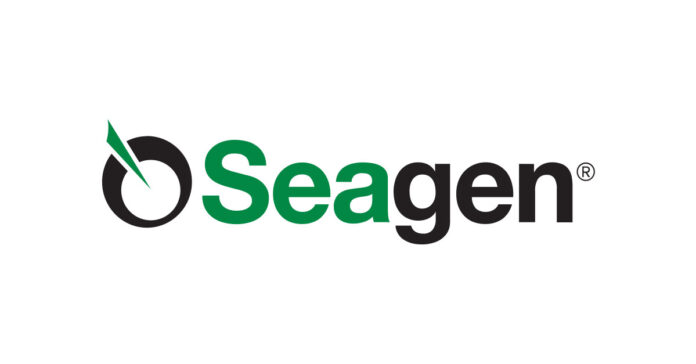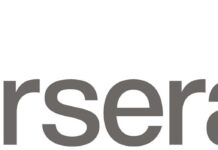BOTHELL, Wash. & TOKYO– Seagen Inc. (Nasdaq:SGEN) and Astellas Pharma Inc. (TSE:4503, President and CEO: Kenji Yasukawa, Ph.D., “Astellas”) today announced the initial results from Cohort H of the EV-103 trial investigating PADCEV® (enfortumab vedotin-ejfv) as a monotherapy in patients with muscle-invasive bladder cancer (MIBC) who are ineligible for cisplatin-based chemotherapy. Data from this late-breaking abstract will be included in an oral presentation (Abstract 435) at the 2022 ASCO Genitourinary Cancers Symposium (ASCO GU) on February 18.
MIBC is a stage of bladder cancer signified by the tumor spreading into the muscle of the bladder wall. Treatment for MIBC typically combines cisplatin-based chemotherapy with radical cystectomy, or removal of the bladder, as well as pelvic lymph node dissection. Cohort H of the phase 1b/2 EV-103 trial enrolled patients with MIBC who were eligible for surgical treatment but ineligible for cisplatin-based chemotherapy. Patients received three cycles of neoadjuvant (prior to surgery) enfortumab vedotin on days one and eight of every three-week cycle.
Results from the preliminary analysis of 22 patients showed 36.4% had a pathologic complete response, the primary endpoint, displaying no signs of cancer upon microscopic examination of tissue cells removed during surgery. Half (50%) of all patients had a pathological downstaging, or reduction in tumor size, a secondary endpoint of the trial. All patients underwent surgery, and no surgeries were delayed following treatment with enfortumab vedotin. The most common (≥20%) adverse events (AEs) related to treatment with enfortumab vedotin were fatigue (45.5%), alopecia (36.4%), dysgeusia (36.4%), diarrhea (27.3%), nausea (27.3%), peripheral sensory neuropathy (27.3%), dry eye (22.7%) and rash maculo-papular (22.7%), consistent with the known safety profile of enfortumab vedotin.
Please see Important Safety Information, including BOXED WARNING, at the end of this press release for further safety information regarding enfortumab vedotin.
“The initial findings from EV-103 Cohort H are encouraging, and we look forward to learning more from the Phase 3 studies evaluating enfortumab vedotin in muscle-invasive bladder cancer in combination with the anti-PD-1 therapy pembrolizumab,” said Marjorie Green, M.D., Senior Vice President and Head of Late-Stage Development, Seagen.
“Neoadjuvant cisplatin-based chemotherapy, which is intended to shrink tumors prior to surgery, prolongs survival in patients with MIBC. However, up to half of these patients with MIBC are ineligible for cisplatin treatment and typically must undergo surgery without that treatment,” said Ahsan Arozullah, M.D., M.P.H., Vice President, Medical Sciences-Oncology, Astellas.
“Results from EV-103 Cohort H showed that, when patients received enfortumab vedotin prior to surgery, more than one-third displayed no evidence of cancer when their bladder was removed and examined microscopically for residual tumors,” said Daniel Petrylak, M.D., Yale School of Medicine Professor of Medicine (Medical Oncology) and of Urology; Co-Leader, Cancer Signaling Networks, Yale Cancer Center; and principal investigator for EV-103 Cohort H. “After treatment with enfortumab vedotin, all patients proceeded to surgery. Given there is no standard of care for neoadjuvant treatment in cisplatin-ineligible patients, these results are important and support further research.”
In addition to this trial, enfortumab vedotin is being investigated as a monotherapy and in combination with other therapies in clinical trials across lines of treatment and stages of bladder cancer.






